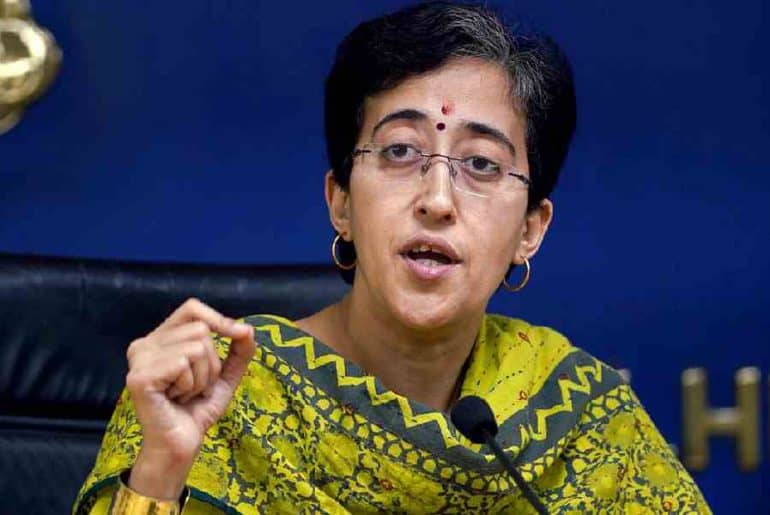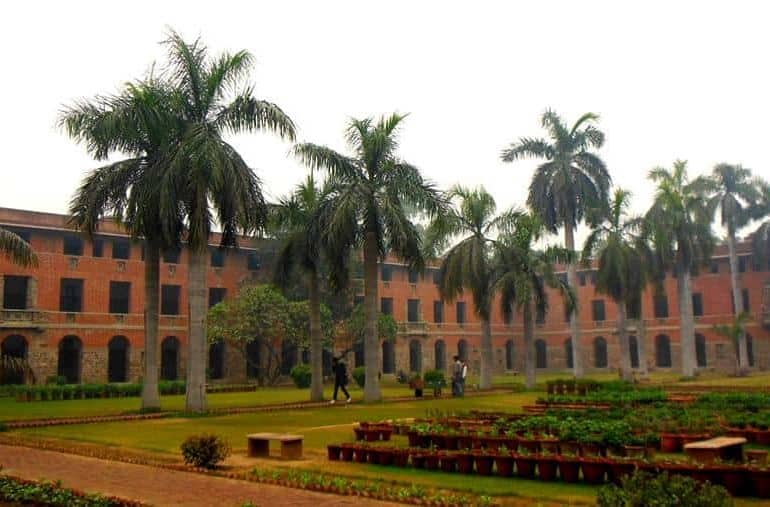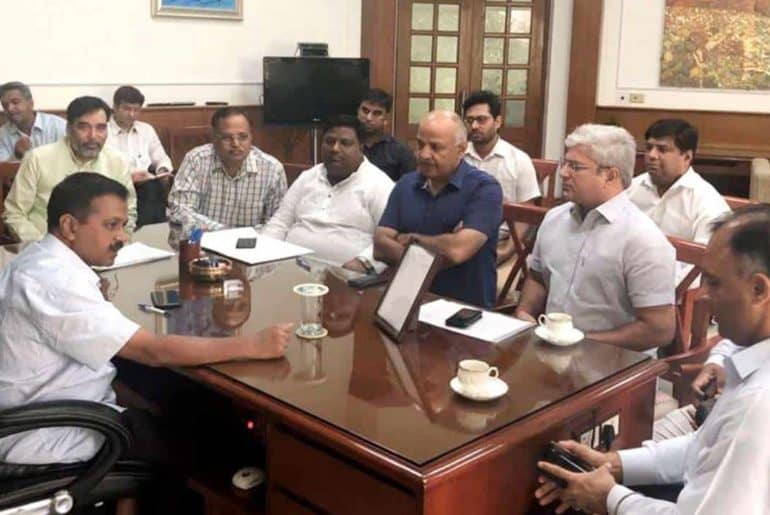Arvind Kejriwal’s arrest and subsequent resignation were followed by claims of “wanting the court of the people to decide his return.” Atishi Marlena’s appointment as the Chief Minister poses a significant shift in the party dynamics. How will this potentially impact the 2025 Vidhan Sabha Elections in Delhi?
On March 21, 2024, Arvind Kejriwal was arrested due to his alleged involvement in corruption during the now-expired Delhi liquor excise policy. He was granted bail on 18th September 2024, after which he suddenly announced his resignation from the post of Delhi’s Chief Minister. Atishi was unanimously elected in his place. Known for her academic prowess, with a Rhodes Scholarship and degrees from Oxford University and St. Stephen’s College, Atishi’s rise to the post of Chief Minister is crucial since AAP has always balanced theatrics with governance. This strategy of emotionally appealing to the masses is a significant strategy that has helped it dominate Delhi’s diverse political landscape.
Under Kejriwal’s leadership and even before, it heavily relied on grabbing attention through theatrics. From Kejriwal’s dharnas to his direct confrontations with the centre, he has helped solidify AAP’s identity as a party that serves the people. In the 2014 dharna outside the Rail Bhawan, for instance, he demanded control over the Delhi Police. He famously declared himself an “anarchist,” framing himself as the defender of the identity of the common man against the central authority—a saviour from the masses who will fight against the disruptive political status of the country. In 2019, his indefinite hunger strike demanding full statehood for Delhi further added to his political image. Such theatrical tactics have been a central strategy to keep the party relevant, and Atishi also seems to have adopted the same.
Since the last few parliamentary elections, AAP has been known for its unique blend of populism and occasionally successful administrative situations. As a result, although Atishi is well-known for her contributions to policy and education from her time serving as an advisor to the Delhi Government, her rise to the position of Chief Minister is simply another move in the AAP’s political playbook and not a reflection of her ability. Even if Atishi deviates from the conventional political narrative thanks to her image as a serious policymaker, she will not be able to avoid the dramatic flair that the AAP loves. Additionally, all her attempts to “clean up politics” and combat corruption are frequently followed by symbolic actions, such as sobbing, passing out, and ferocious speeches, in an attempt to connect with the public on an emotional level.
Another recurring theme in AAP’s political playbook is the idea of reluctant leaders, people entering politics and leadership out of a sense of public duty rather than mere ambition. Atishi can also be framed into this very mould, and her intellectual prowess, paired with her people-pleasing performances, only adds to her public appeal.
“It almost feels like the party is partaking in a TV show of their own, in the hopes of swaying people and distracting them from real, more relevant issues, and unfortunately, they seem to be succeeding.”
– A second-year student from Delhi University
As Delhi’s Water Minister, Atishi famously went on strike, demanding the BJP-ruled state of Haryana to release water. Consequently, she was hospitalised and, according to claims made by AAP officials, lost 2 kg of weight. A video message was posted on her official X account, where she declared that she would continue the fast no matter how much her body suffers, until the people of Delhi receive justice. Following Manish Sisodia’s arrest, Atishi broke down into tears, claiming that this arrest was a part of a larger political vendetta against her party. Moreover, in her very first speech as the Chief Minister, she emotionally declared that they only have to do one work now, which is to make Arvind Kejriwal the chief minister again.
While her rise is indicative of AAP’s calculated use of populism to preserve its public appeal, given that Atishi’s focus very evidently seems to be bringing Kejriwal back to power, her term may be more about upholding the Kejriwal legacy than establishing her own. The February elections will determine whether Delhi’s voters continue to be swayed by these spectacles or choose to focus on more substantial points.
Read Also: Education, Not Religious Agitataion: AAP and BJP in the Delhi Elections
Sakshi Singh
Featured Image Credits: Telegraph India









